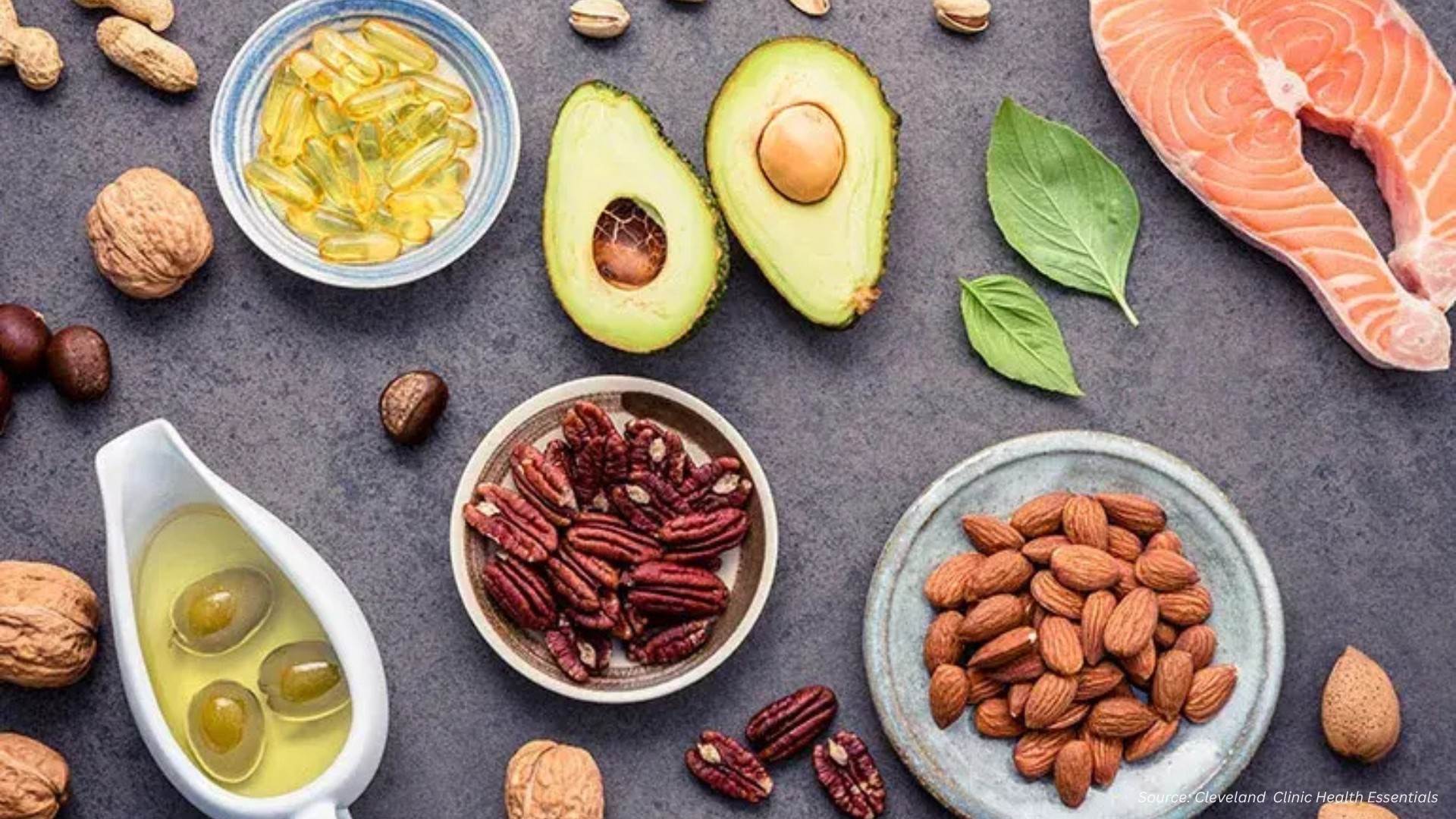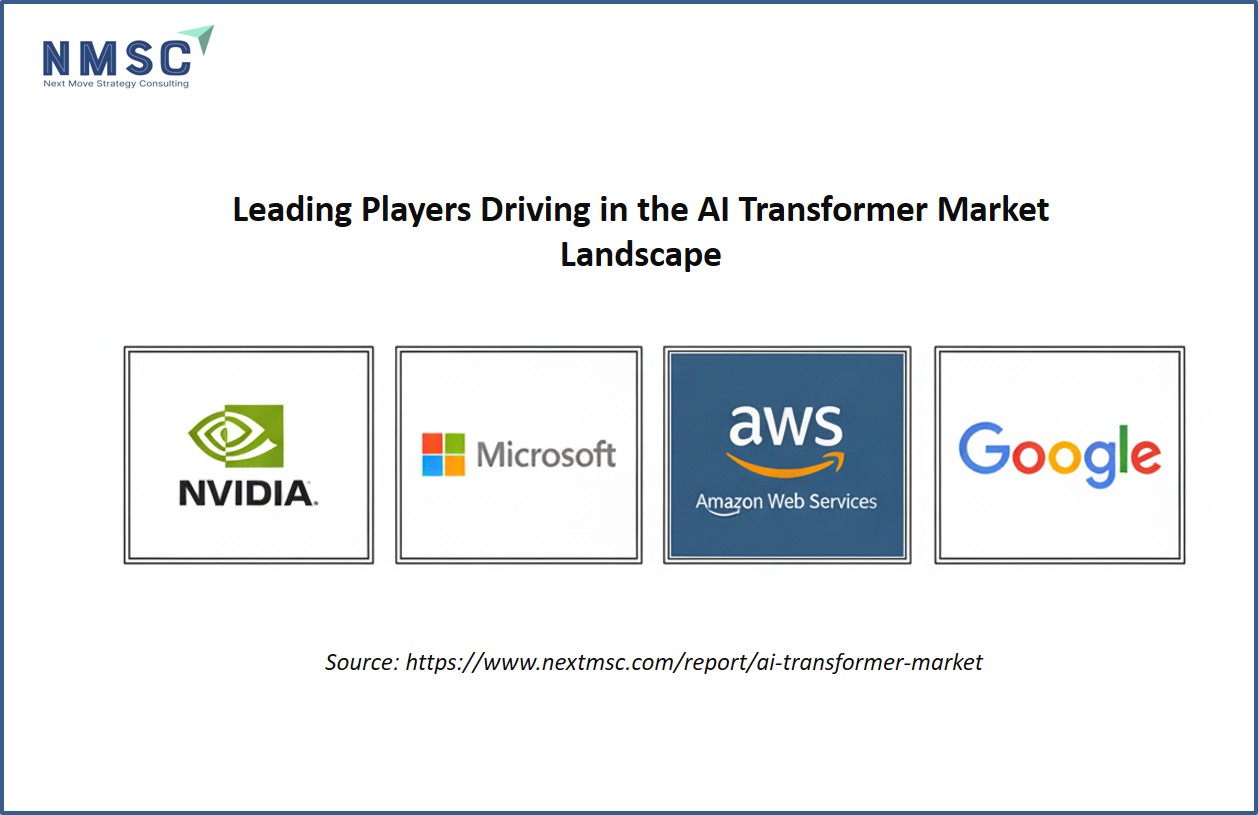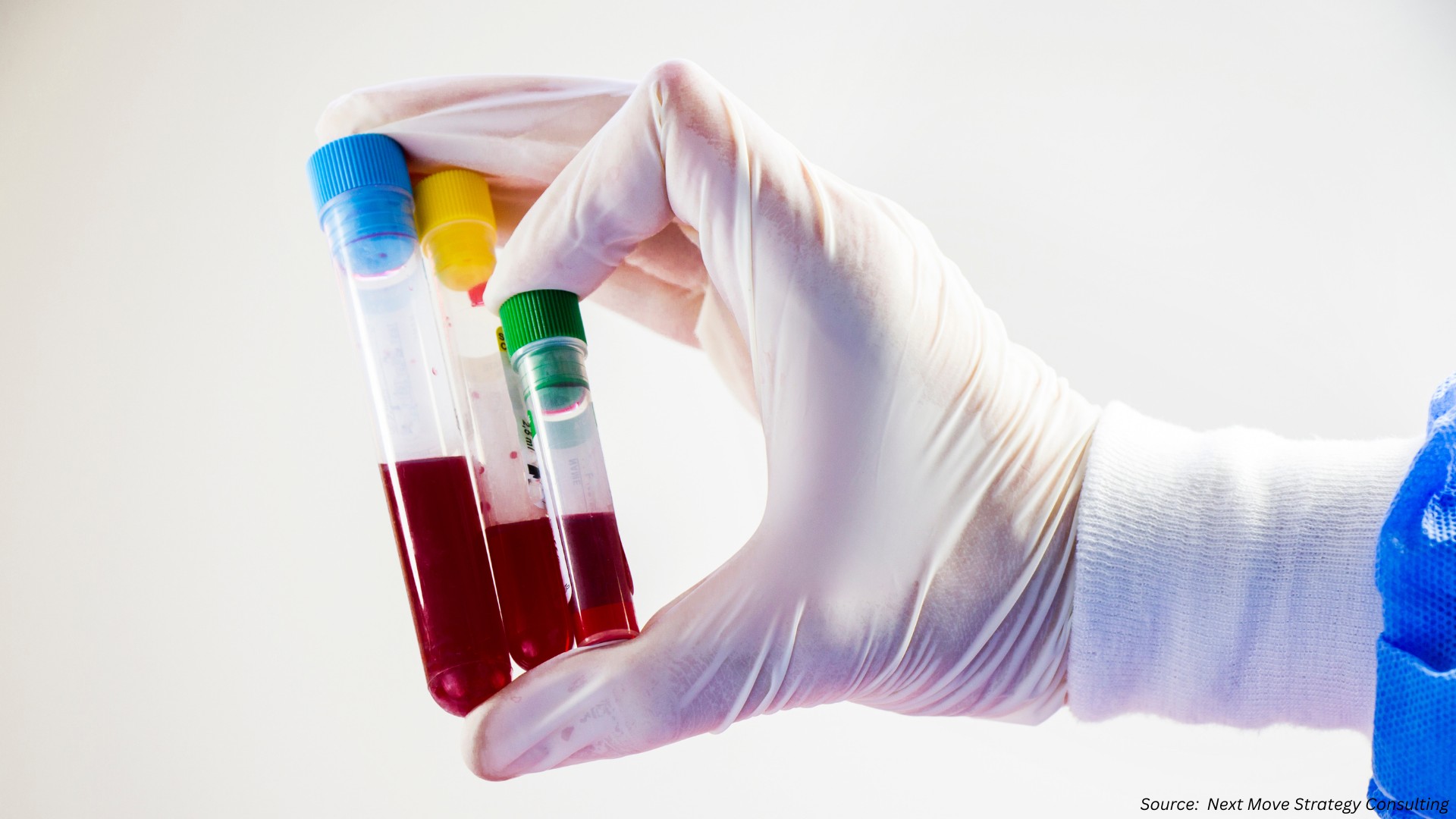Brain Health Supplements: Evidence, Benefits & Risks
Published: 2025-10-06

Did you know that the global brain health supplements market is expected to reach 19.53 billion by 2030? But how much of it actually works?
Many people want to boost memory, focus, or protect their brain as they age. Brain healthy supplements are often marketed as a convenient way to support cognition. But what does the science say — especially in 2024–2025? In this blog, we examine new product developments, critical evaluations, and offer guidance to navigate the supplement aisle with clarity.
What Is a “Brain Healthy Supplement”?
A brain healthy supplement typically refers to a dietary supplement (e.g. vitamins, herbal extracts, compounds) that claims to support memory, attention, neuroprotection, or cognitive performance.
-
They may include nutrients (e.g. B vitamins, omega-3s), adaptogens, nootropics, antioxidants, or novel compounds.
-
Their goal is not to cure disease but to support brain health in people with normal or mildly impaired cognition.
Recent Innovation: CogniSHIELD Global’s Science-Based Supplement
In mid-2025, CogniSHIELD Global unveiled a new science-based supplement aimed at supporting brain health. The company emphasizes that the product is formulated through a research-driven approach, incorporating biomarker targeting and insights from clinical literature. Positioned as a combination of evidence and innovation, the supplement seeks to address gaps commonly found in standard brain health formulations. While the announcement reflects a promising direction and highlights the industry’s focus on evidence-based solutions, it should be noted that full peer-reviewed clinical trials are not yet available, meaning the product is not yet a substitute for rigorous clinical validation.
Skepticism & Critiques: Are Brain Supplements Just a Waste?
Major criticisms covered:
-
Lack of clinical proof in many products: Many supplements have not been tested in large, long-term randomized controlled trials. Claims are sometimes based on small studies, animal research, or theoretical mechanisms.
-
Marketing vs reality: Some products may overpromise on memory enhancement or disease prevention. Consumers may pay for hype rather than efficacy.
-
Supplement regulation and consistency issues: Dietary supplements in many jurisdictions (including in the United States) are not held to the same standard as prescription drugs — consistency of dose, purity, and contaminants can be a concern. Some products may not contain what is on the label.
-
Alternate strategies may yield better ROI: Lifestyle interventions (sleep, diet, exercise) have stronger evidence bases for brain health than many supplements.
Key Players Shaping the Brain Health Supplements Industry
Prominent companies driving the brain health supplements market include Natural Factors Nutritional Products Ltd., Onnit Labs, Inc., Purelife Bioscience Co. Ltd., NOW Foods, Quincy Bioscience, Teva Pharmaceutical Industries Ltd., Endurance Products Company, Ketone-IQ, Bayer AG, Advacare Pharma, Irwin Naturals, Gain Herbs, Jarrow Formulas, Inc., Wild Nutrition Ltd., and Pure Encapsulations, among others. These industry leaders are actively pursuing strategies such as innovative product launches, portfolio diversification, and evidence-based formulation development to strengthen their competitive edge and sustain market leadership in an evolving and research-driven industry landscape.
What Does the Evidence (2024–2025) Support?
Because our directive is to use only the two given sources, we cannot draw from broader literature beyond 2024–25. From those sources:
-
CogniSHIELD’s launch suggests a shift toward research-based formulations, but lacks public peer-reviewed trials.
-
The Fox News critique underscores that many marketed brain supplements are unsupported by robust clinical data.
Thus, within the allowed sources, no new large clinical trial results from 2024–2025 are explicitly presented.
Inference (within constraints):
-
The field is evolving; some companies are attempting to build more credible products.
-
But widespread, high-quality trials remain rare (at least as evidenced in the two sources).
How to Assess a Brain Healthy Supplement (Checklist)
|
Criterion |
What to Look For |
Why It Matters |
|
Peer-reviewed studies |
Human randomized controlled trials published in reputable journals |
Strongest evidence of |
|
Dosage clarity |
Clear amounts of active ingredients |
Ensures you get |
|
Safety & side effects disclosed |
Known interactions, typical side effects, contraindications |
Avoid harm |
|
Third-party testing |
Certifications (e.g. USP, NSF) |
Confirms purity and |
|
Transparency & ingredients |
Full disclosure rather than “proprietary blends” |
You know exactly |
|
Cost vs value |
Reasonable cost relative to published evidence |
Avoid overpaying for hype |
Risks, Side Effects & Limitations
Because evidence is limited, risks and limitations are real:
-
Some compounds may interact with medications (blood thinners, SSRIs, etc.).
-
Overconsumption of certain nutrients (e.g. fat-soluble vitamins) can cause toxicity.
-
Lack of long-term safety data is common for newer compounds.
-
Regulatory oversight is weaker for supplements; quality issues are possible.
-
Expectations must be modest; no supplement alone can replace lifestyle factors.
Best Practices for Brain Health (Beyond Supplements)
Even the most promising supplement cannot override foundational brain health practices:
-
Adequate sleep (7–9 hours)
-
Balanced nutrition (omega-3s, antioxidants, vegetables)
-
Regular physical exercise (aerobic + strength)
-
Cognitive stimulation (learning, challenges)
-
Stress management (meditation, social support)
Next Steps: What You Can Do Now
Here are 4 actionable takeaways you can follow:
-
Start with a baseline health check- Consult your doctor or neurologist for cognitive evaluation and to discuss any medications you take.
-
Use the assessment checklist above- Before buying, filter supplements through the eligibility criteria.
-
Prefer those with public trial evidence-Choose products with published human studies and transparency.
-
Monitor yourself carefully- Track cognitive metrics (memory, focus) over 3–6 months; discontinue if no benefit or side effects.
-
Prioritize lifestyle first- Without good sleep, diet, exercise, a supplement likely has minimal impact.
Next Move Strategy Consulting’s View
According to Next Move Strategy Consulting, the brain health supplements industry is currently positioned at a pivotal juncture, balancing between scientific innovation and persistent consumer skepticism. The market from 2024 to 2025 is undergoing a transition toward a research-validation phase, where evidence-based claims are emerging as a decisive competitive advantage. Companies such as CogniSHIELD are setting new standards for transparency, biomarker-driven research, and scientific credibility in formulation.
Several factors are propelling this transformation. Rising awareness about cognitive wellness—particularly in the post-pandemic era—has made consumers more attentive to mental performance and long-term brain health. At the same time, demographic trends such as an aging global population and the demands of a digitally driven workforce are amplifying the need for cognitive support products. Moreover, firms that prioritize clinically tested and peer-reviewed formulations are gaining stronger consumer trust and greater market traction.
Conclusion
Brain healthy supplements are a promising area of personal health interest. The 2025 CogniSHIELD announcement shows where industry may be heading — toward more science-based formulations — but genuine proof remains limited. The Fox News critique reminds us that many supplements still rest on shaky foundations. Use critical evaluation, lean on lifestyle foundations, and approach supplements as optional adjuncts (with oversight), not miracle cures.
About the Author
 Tania Dey is an experienced Content Writer specializing in digital transformation and industry-focused insights. She crafts impactful, data-driven content that enhances online visibility, and aligns with emerging market trends. Known for simplifying complex concepts. Tania Dey delivers clear, engaging narratives that empower organizations to stay ahead in a competitive digital landscape.
Tania Dey is an experienced Content Writer specializing in digital transformation and industry-focused insights. She crafts impactful, data-driven content that enhances online visibility, and aligns with emerging market trends. Known for simplifying complex concepts. Tania Dey delivers clear, engaging narratives that empower organizations to stay ahead in a competitive digital landscape.
About the Reviewer
 Sanyukta Deb is a skilled Content Writer and Digital Marketing Team Leader, specializing in online visibility strategies and data-driven campaigns. She excels at creating audience-focused content that boosts brand presence and engagement, while also pursuing creative projects and design interests.
Sanyukta Deb is a skilled Content Writer and Digital Marketing Team Leader, specializing in online visibility strategies and data-driven campaigns. She excels at creating audience-focused content that boosts brand presence and engagement, while also pursuing creative projects and design interests.

















Add Comment